Chair: Detlev Boison
Vice-Chair: Steven Levison

Following the recommendations from the BHI Five-Year Review, the BHI Executive Advisory Council has been restructured to include senior leadership from Rutgers and RBHS. The Chairs of BHI Working Groups also serve as ex officio members, contributing their expertise to guide BHI’s strategic development. We extend our gratitude to the new members for their commitment and thank the previous Advisory Board members for their invaluable service.
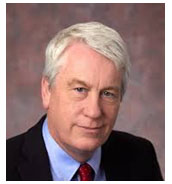
Professor and Chair, Department of Pharmacology, Physiology & Neuroscience, The Thomas P. Infusino Endowed Chair, Senior Associate Dean, Graduate School of Biomedical Sciences at New Jersey Medical School

Professor and Executive Chair, Department of Psychiatry, Robert Wood Johnson and New Jersey Medical School
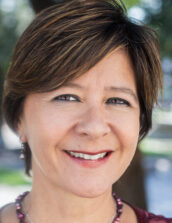
Vice Provost for Research, Chancellor-Provost’s Office, Rutgers-New Brunswick; Center Director and Helen E. Chaney Endowed Chair in Alcohol Studies; Professor, Graduate School of Applied and Professional Psychology

President and CEO for Rutgers Health University Behavioral Health Care (UBHC).
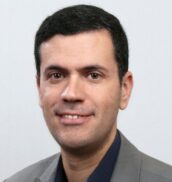
Professor and Chair, Department of Psychology, Rutgers-SASN, Newark
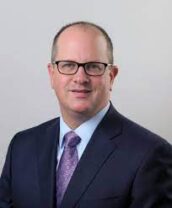
Senior Vice President for Research, Rutgers University
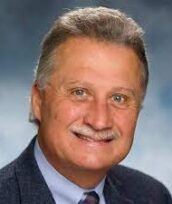
Vice Chancellor for Translational Medicine and Science Director, Rutgers Institute for Translational Medicine and Science, Professor of Medicine, Robert Wood Johnson Medical School
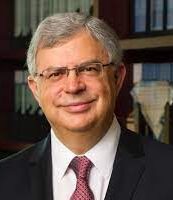
Professor and Chair, Department of Neurology, RWJ Medical School and NJMS, Director, Rutgers Health RWJ Center for Multiple Sclerosis
The Brain Health Institute (BHI) serves as a unifying organization to advance neuroscience research across Rutgers. BHI supports the Rutgers neuroscience community by establishing essential core facilities, developing research centers that leverage existing strengths, fostering collaborative groups around shared research themes, recruiting faculty to address gaps in expertise, and enhancing communication among neuroscientists.
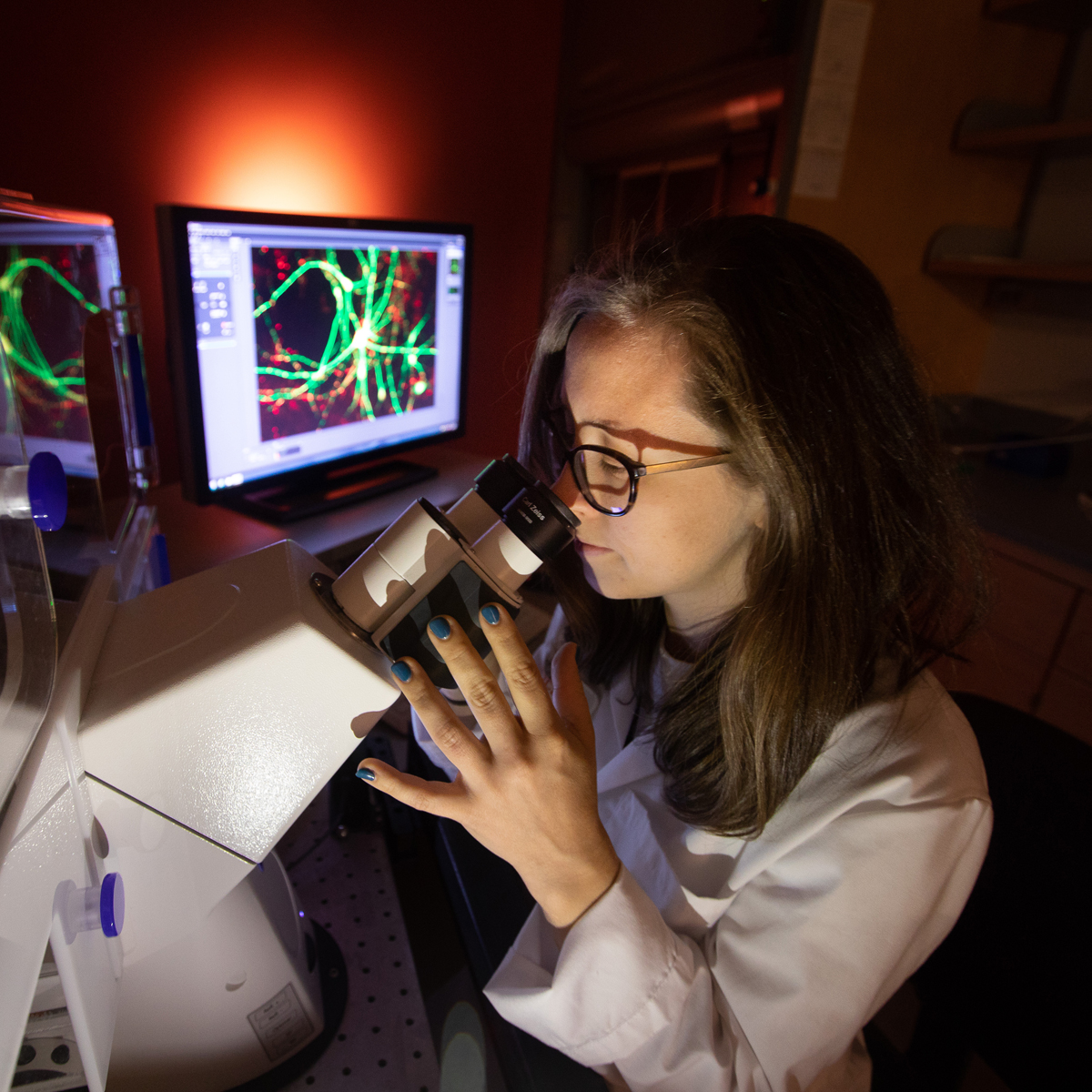
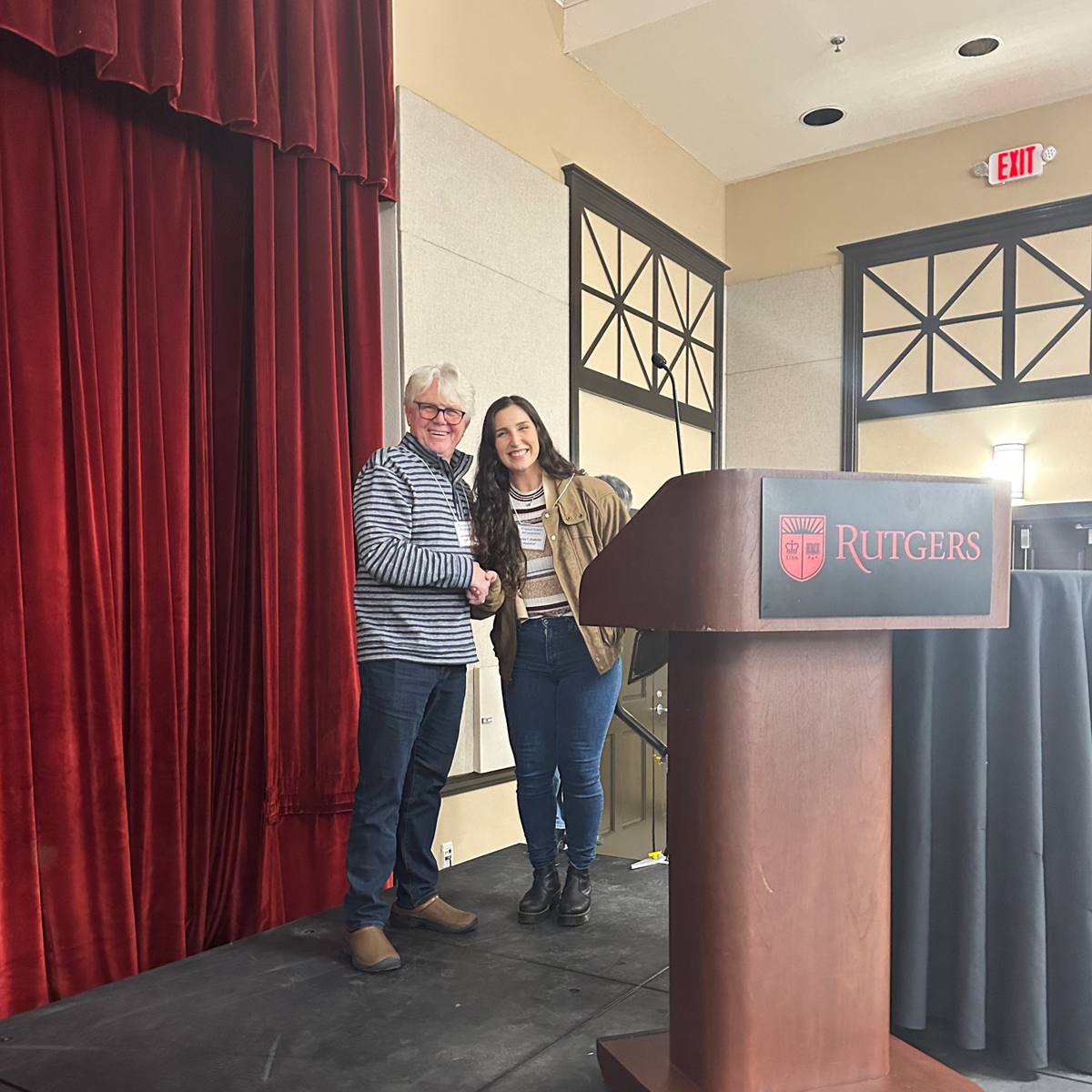

The Brain Health Institute recently underwent a 5-year review and received valuable feedback for our future development. One suggestion was to change our 4 Focus Areas to Focus Groups populated by leading investigators in each thematic area. To that end, we created Focus Area Working Groups (FAWGs). There is a FAWG for each Focus Area (Neurodevelopment, Motivational and Affective Neuroscience, Neurodegeneration and Injury, and Cognitive and Sensory Neuroscience). We also established a Junior Faculty Working Group (JFWG) composed of tenure-track assistant professors and a Postdoc Alliance Working Group (PAWG) for trainees. The goals of this reorganization are to:
Each Working group is lead by a Chair and Vice-Chair and consists of 20 to 25 Rutgers faculty.
Chair: Detlev Boison
Vice-Chair: Steven Levison
Chair: Maria Chiara Manzini
Vice-Chair: Jennifer Gladys Mulle
Chair: Danielle Dick
Vice-Chair: Zhiping Pang
Chair: David Zald
Vice-Chair: Tibor Rohacs
Chair: Miriam Bocarsly
Vice-Chair: Linden Parkes
Chair: Jaclyn Eisdorfer
Vice-Chair: Maia Choi
Get to know the dedicated staff driving the mission of the Brain Health Institute. Explore our team members and learn how their expertise supports groundbreaking neuroscience research.